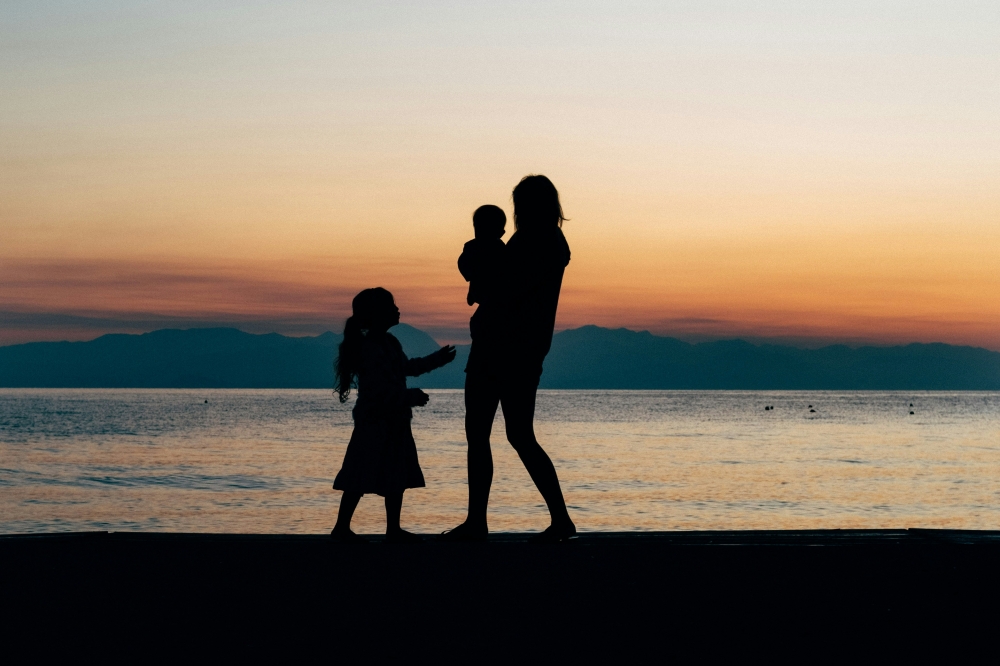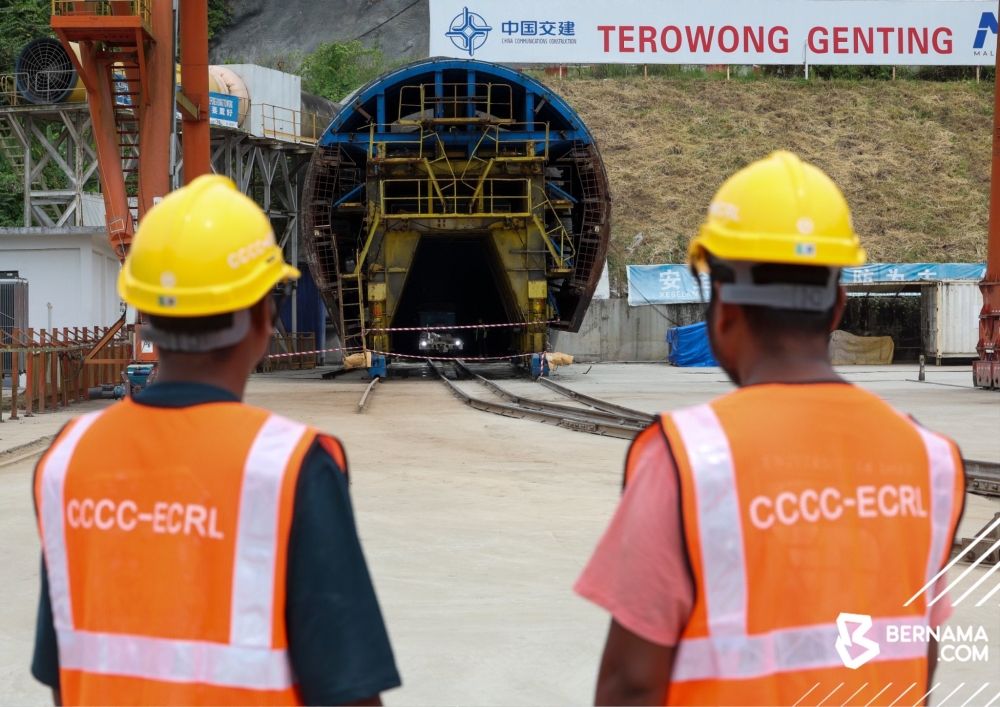GEORGE TOWN, July 12 — Every month, about 60 children are placed under the care of Penang’s Welfare Department, but only a handful receive adoption applications.
Many are left waiting for a permanent home — a luxury that some of them may never experience.
Penang’s social development, welfare and non-Islamic religious affairs committee chairman Lim Siew Khim said the department handles about 12 new child protection cases per district each month.
“These numbers vary by district. For instance, Seberang Perai Tengah recorded 25 cases in April, while Seberang Perai Selatan had five,” she told Malay Mail in an interview recently.
Yet despite this steady influx, she said only one or two adoption applications are submitted to the department each month.
In recent months, she said there has also been a growing number of cases involving children of unknown or foreign parentage.
Requirements for adoption
Among the requirements to be eligible to adopt a child are being a Malaysian citizen or resident, above the age of 25, and at least 18 years older than the child.
Applicants must be legally married for at least five years, although exceptions may be made for those facing fertility challenges.
Single applicants are also eligible, but will be subjected to screening.
“Financial stability, good health, and a safe, supportive home environment are also essential criteria,” she said.
“There is no official waiting list for adoption, as each case is evaluated based on eligibility and suitability,” she added.
She also revealed that, on several occasions, adoptive parents had returned children to the department — though she did not provide exact figures.
“In some cases, adoptive or biological parents may return children to the department, often due to difficulties with documentation, personal hardships or unplanned pregnancies,” she said.
She said the department would then take these children in and continue its efforts to ensure they are placed in a safe and loving environment.
“No children have been permanently left without a solution,” she added.
Facilities for vulnerable children
As of May this year, the state welfare department has 52 children between the ages of two and 16 under its care.
Lim said they are housed at the state’s primary care facility, Kompleks Penyayang Sinar Kasih.
“A second facility is currently under reconstruction and is expected to be operational by the last quarter of this year, which will further enhance our capacity to care for vulnerable children,” she said.
Lim also said the state has seen a decline in baby abandonment cases — two were recorded last year, and none so far this year.
A baby hatch set up in a private hospital in Bukit Mertajam was shut down about two years ago due to it not being used at all.
Lim said the state is open to proposals to establish a baby hatch or safe surrender facility as a compassionate and responsible option for unwanted infants.
“However, this requires careful assessment and coordination with relevant agencies to ensure legal compliance and child safety,” she added.
Lim is also planning to meet with relevant agencies and non-governmental organisations to discuss establishing a safe surrender facility.
“We remain open to exploring more collaborative efforts, especially around adoption education, child protection campaigns, and family-based care,” she said.
She called on prospective adoptive families to reach out to their nearest welfare department office for more information on adoption procedures.
“Every child deserves the right to be loved, protected, and given the opportunity to thrive,” she said.







